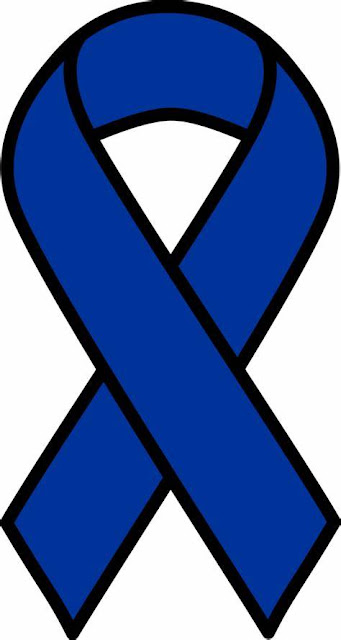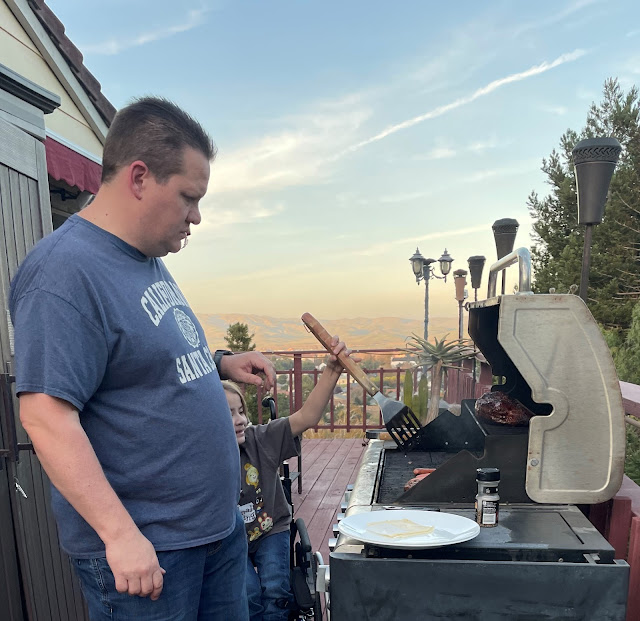Cancer Diary: The Toilet Can Talk about Cancer and More, But Do We Listen?

As with Carl, many people have "signs" of cancer that can be interpreted either as something else quite mild or dismissed entirely as just a bad day or maybe I ate something bad yesterday. Otherwise quite healthy people simply ignore them as an annoyance. (Before cancer, Carl was sick just one day in his life -- 50 years earlier he threw up, once, on the lawn, from unsuspectingly drinking stagnant water the day while carrying out his Forest Service employee duties, Seriously. Never again did he ever throw up even after three rounds of chemotherapy, but he died, healthy, from cancer!) This is the insidious nature of cancer. Often, you just do not know you have it because the signs are so innocuous until it has taken over your body and is in the winner's circle -- and you have an incredibly difficult battle to get your body back -- and many people lose that battle every single day. This is especially true of "toilet information." Change in bowel movement is prett...





